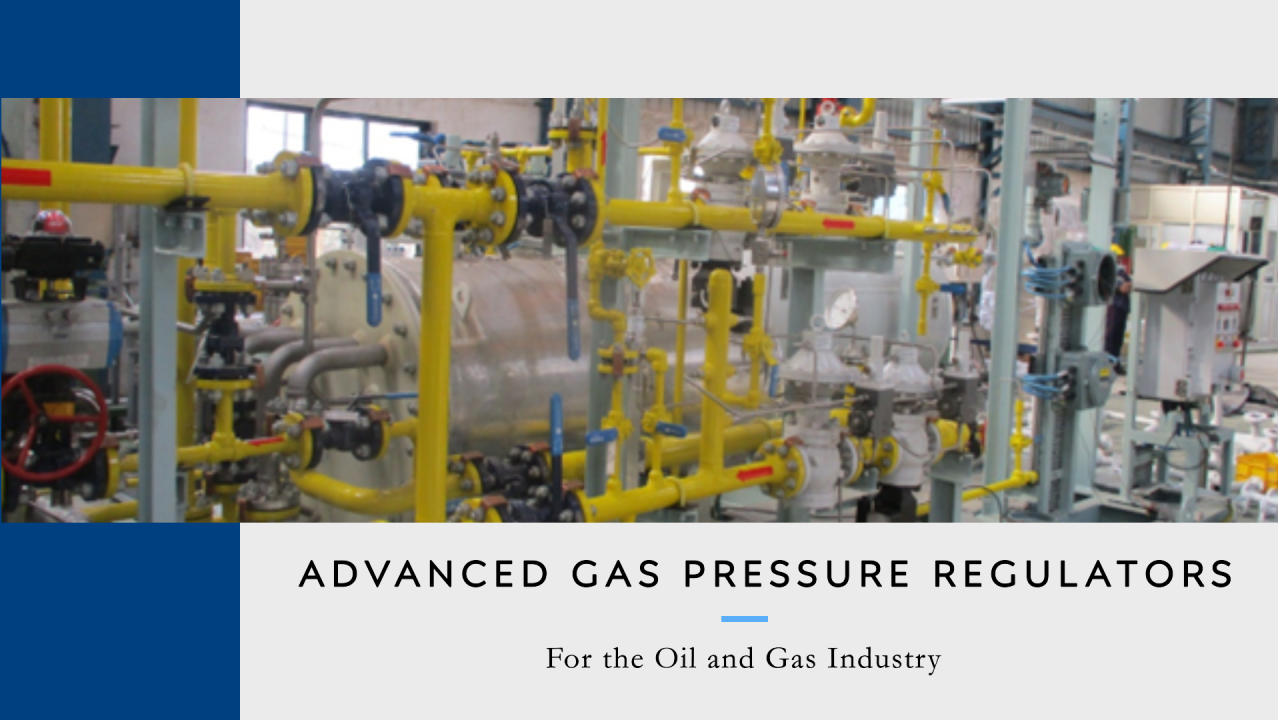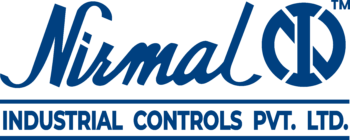
-
September 25, 2024
- 0 Comment
Need for Advanced Gas Pressure Regulators : EN334 & EN14382 Certified
In the oil and gas industry, precision, safety, and efficiency are critical for optimizing operations and ensuring regulatory compliance. As the demand for energy efficiency continues to rise, advanced gas pressure regulators have become essential technologies that enhance operational performance and sustainability in this sector.
Understanding Gas Pressure Regulation:
Gas pressure regulators are indispensable in the oil and gas industry, serving to control and maintain optimal pressure levels across various applications, including:
- Process Heating: Numerous oil and gas processes require precise temperature control, often using gases like steam or natural gas. Advanced pressure regulators ensure these gases are delivered at the correct pressure, optimizing energy consumption during heating operations and improving efficiency.
- Gas Blending: In oil and gas operations, gases are often blended to create controlled atmospheres for refining, storage, and transportation processes. Regulators help maintain precise blend ratios, reducing wastage and enhancing operational efficiency.
- Instrumentation: Pressure-sensitive instruments and equipment in the oil and gas industry require stable gas pressure for accurate readings and consistent performance. Regulators ensure these instruments operate reliably, minimizing downtime and maintenance costs.

Benefits of Advanced Gas Pressure Regulators:
Recent advancements in gas pressure regulator technology offer several key benefits that contribute to energy efficiency and operational excellence:
- Precision Control: Modern regulators are equipped with advanced sensors and control mechanisms that allow for precise adjustment of gas pressure. This accuracy ensures that gases are delivered exactly as needed, minimizing energy waste and optimizing process efficiency.
- Energy Savings: By maintaining optimal pressure levels, advanced regulators reduce the amount of energy required to operate heating systems, refining processes, and other gas-dependent equipment within oil and gas facilities. This leads to lower utility bills and a reduced carbon footprint.
- Safety and Reliability: Enhanced safety features, such as built-in pressure relief valves and fail-safe mechanisms, ensure that gas pressure is maintained within safe limits at all times. This reliability not only protects personnel and equipment but also enhances operational continuity.
Certification Benefits: EN 334 and EN 14382 Compliance
Regulators certified under EN 334 and EN 14382 standards offer additional advantages, enhancing their suitability for the oil and gas industry:
- EN 334 Certification: This standard specifies requirements for gas pressure regulators used in gas transmission and distribution systems up to 100Bar. Compliance ensures that regulators are designed for high accuracy and reliability, providing consistent performance in demanding conditions.
- EN 14382 Certification: This standard pertains to safety devices for gas pressure regulating stations, including pressure relief valves and safety shut-off devices. Compliance guarantees that these regulators incorporate critical safety features, such as automatic shut-off mechanisms in case of overpressure, ensuring maximum protection for personnel and infrastructure.
